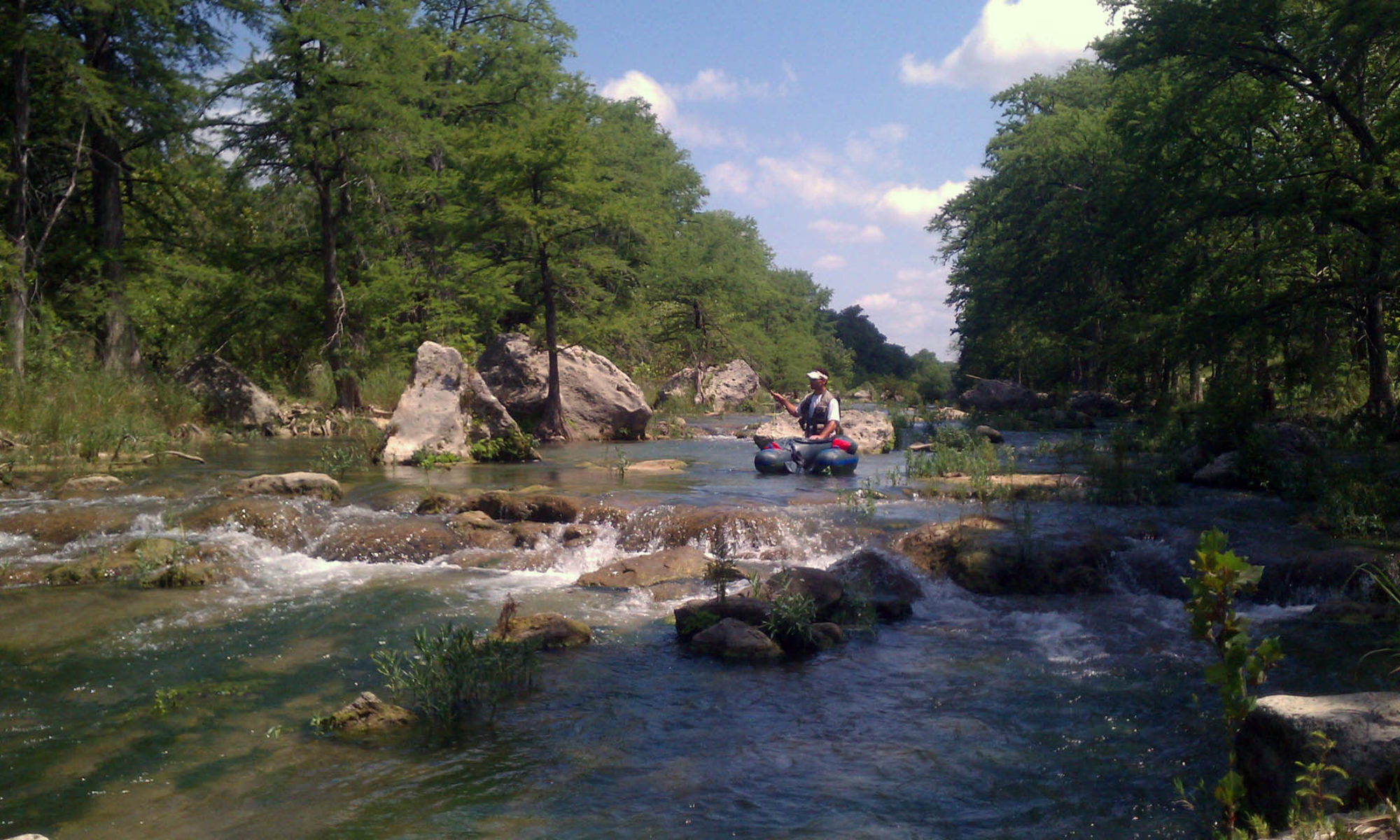The Disclaimer
As each page of this website proclaims, this article is strictly the opinion of the author. My interpretation of the law in this matter is not guaranteed to be factual and I advise everyone to follow the reference links provided to form their own interpretation.
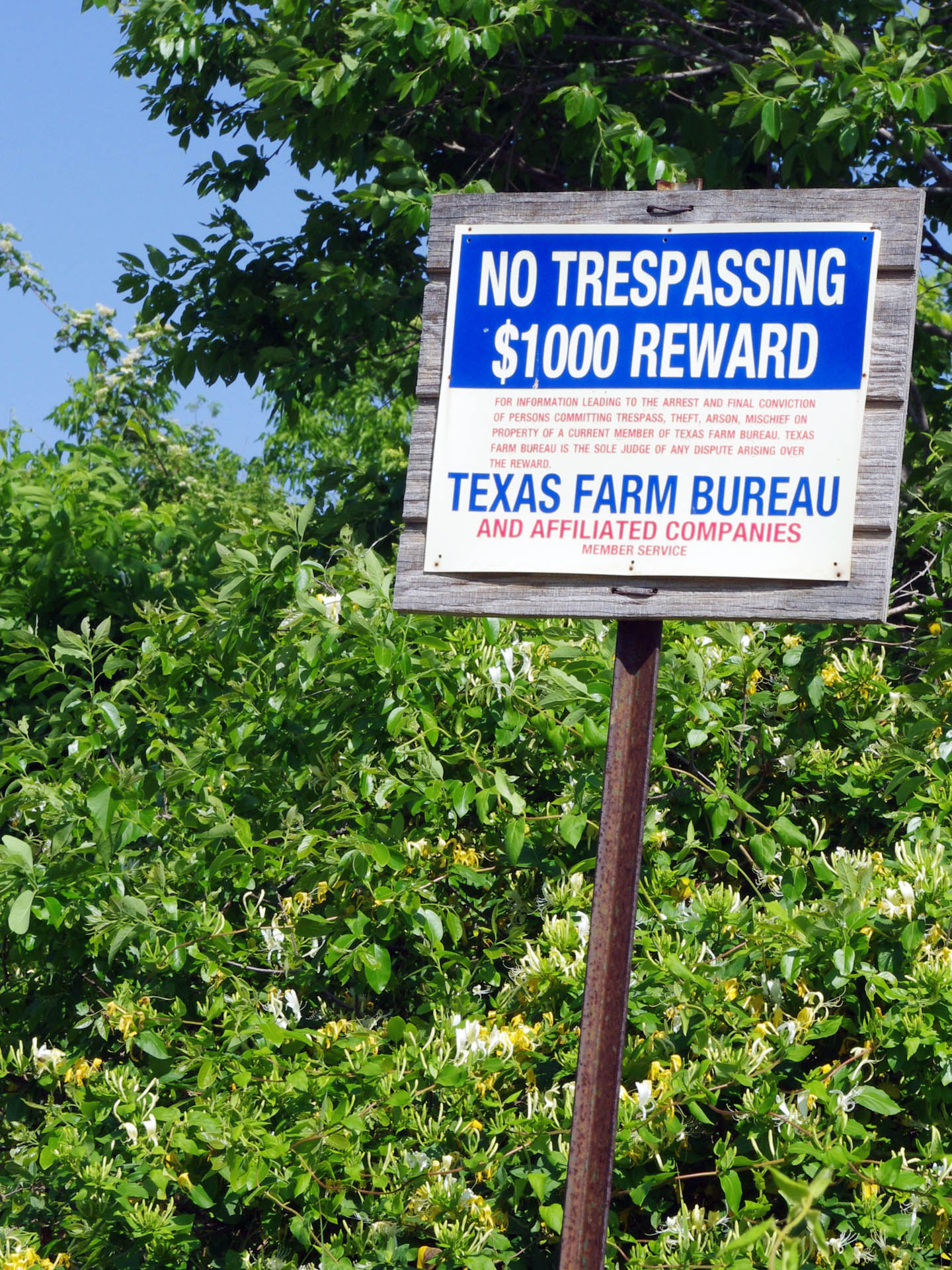
The Short Answer
In the simplest terms the public has the right to use the riverbed for recreation as long as it averages 30 feet or more between the established banks. Note I said between the established banks, not whatever the current span of the water is at the time. You also have the right to reasonably scout and portage around danger or obstacles. Access to the river can be from where any public road crosses it, although parking may be challenging.
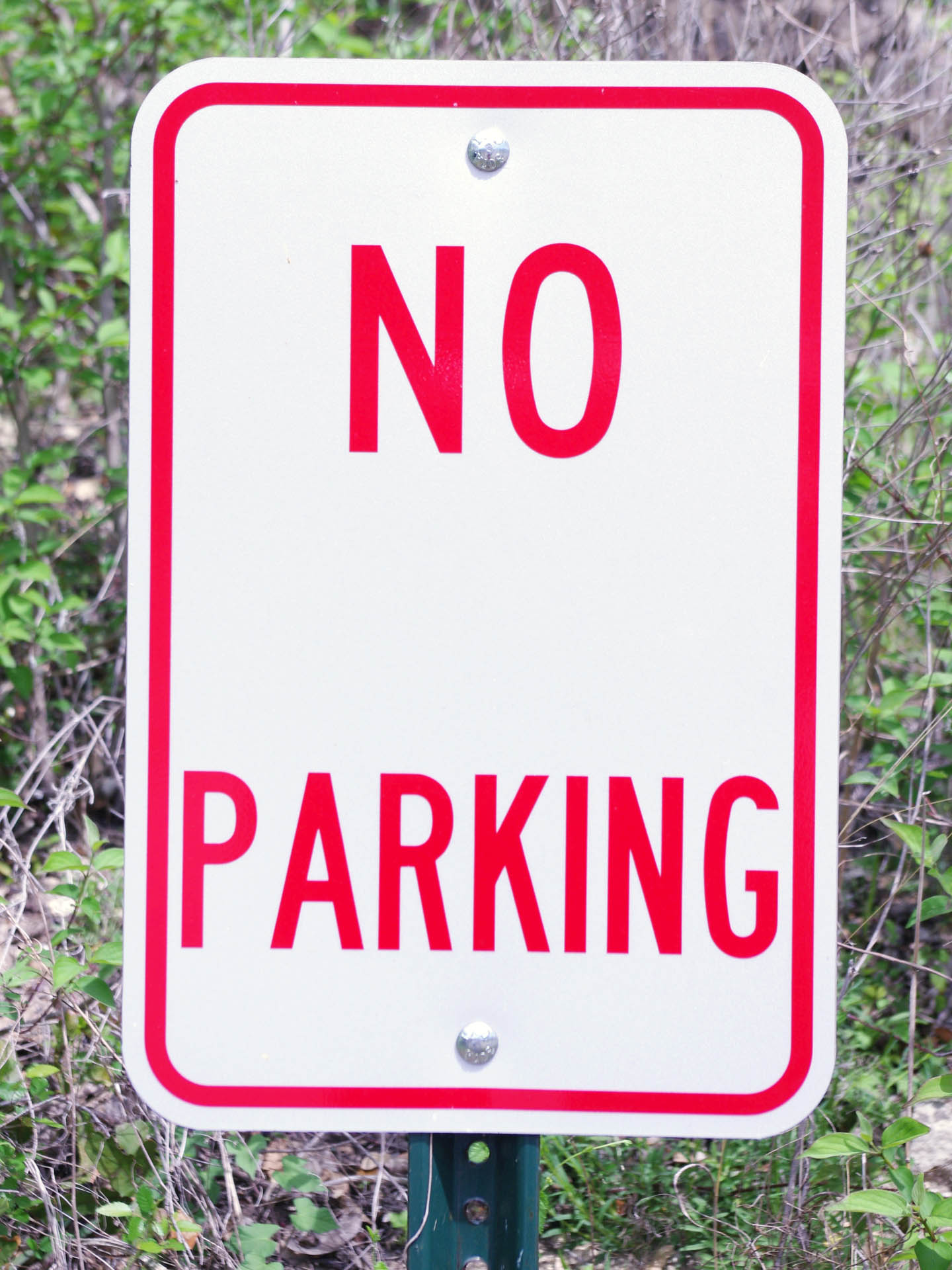
The Long Answer
Now despite what I just explained, you are bound to run into some fairly intimidating signs posted in places. The goal here is to enjoy the river legally so that if a landowner does call the sheriff you will not be charged with criminal trespassing. There are a myriad of specific explanations that detail every aspect of your navigation rights that can be found at Texas Parks & Wildlife Department’s website. The description there is very comprehensive well written. I feel it should be required reading if you are going to explore the upper rivers where the landowners are a little more contentious.
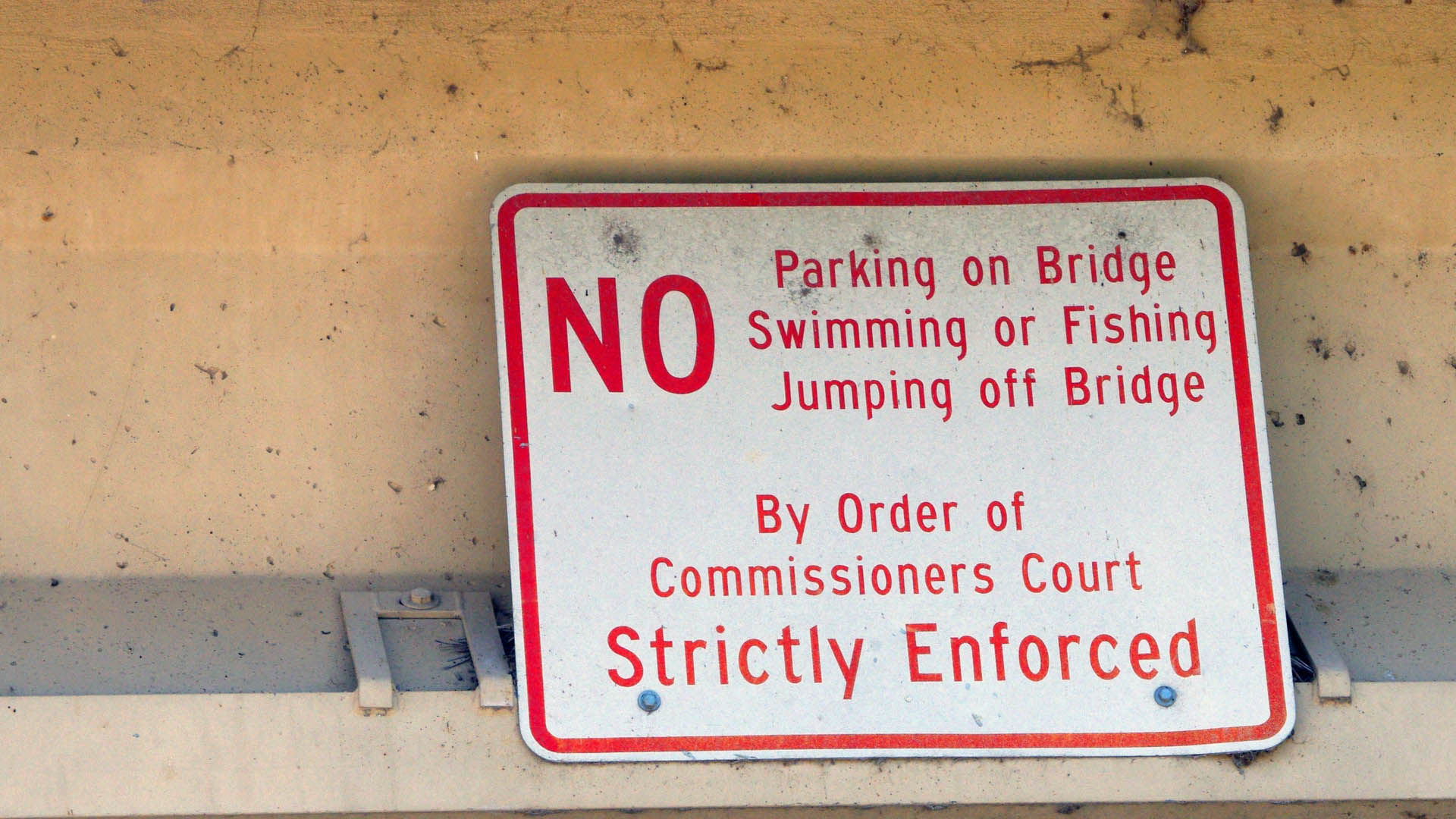
Who Owns the River?
I am consistently surprised by other fishermen and kayakers by their belief that their legal access to the rivers are due to the waterways being public property. With the exception of where the rivers flow through public land, this is not always true. In Texas, the streambeds are generally owned by the state, held in trust for the public, however the landowners can and often do own the streambeds in certain areas due to a 1929 law called the “Small Bill”. This ownership does not override the right of navigation but it does provide a catalyst for misunderstanding.
In fact, I bring this issue up first because people often approach river access with a misplaced sense of entitlement matched only by the landowner’s determined conviction of possession. These conflicting attitudes are a recipe for escalation where the goal should be to have a friendly respectful discussion. We should try to understand the frustration the landowners must feel from dealing with all the irresponsible people who litter the riverbed or trespass above the riverbank. In fact, we should view ourselves as mere guests on the river and act with the respect that it deserves. We may have to right to visit these rivers but remember that the landowners live and often make their livelyhood there.
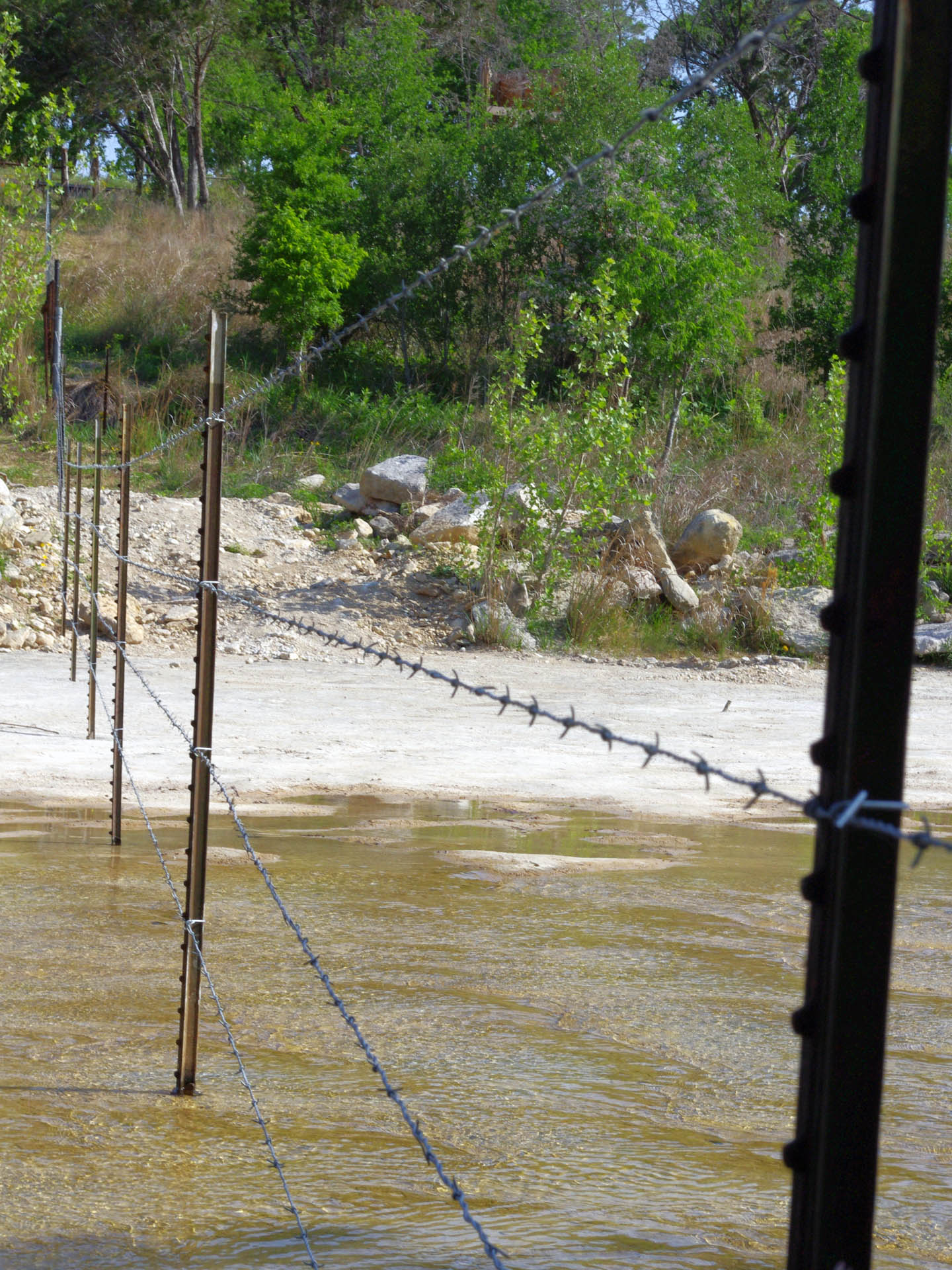
What if you are Confronted?
Personally when I am confronted by a landowner I explain that it is my understanding that I have the right to navigate the river, they always have responded that I am incorrect (I am not) and that I am on private property. I then apologize and move on. If I were to stay, the owner would likely call the sheriff who’s deputy may or may not be aware of Texas navigation law. So I might end up with a hefty ticket to fight. Even if the deputy is fully versed on the law he will want me to leave anyhow, just to remove the chance of more problems after he leaves.
